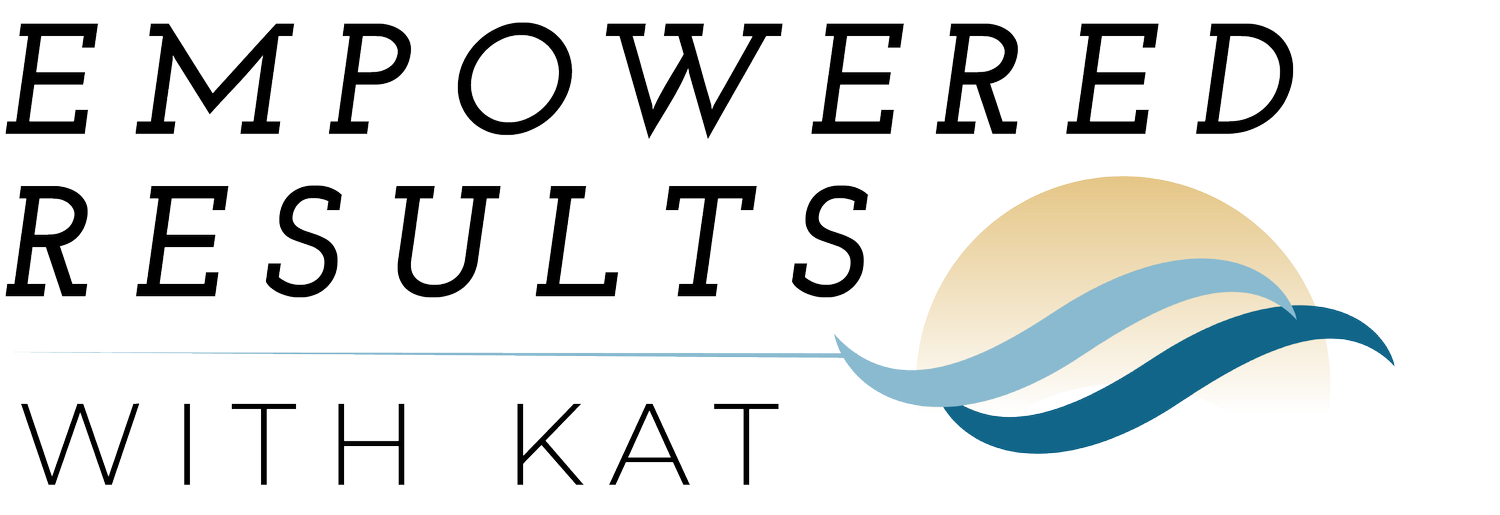Changing Careers: Top Factors to Consider
A career change can sound exciting, but the time and work to get there might cause some of your excitement to disappear. Having a more clear sense of what questions to ask, and how to approach your research, might save you some starts-and-stops, and also provide more structure to your thought-process.
There are key considerations for changing careers like taking a hard look at reality including evaluating transferable skills, the strength of your professional network, and industry trends. That takes self-reflection, self-assessment, focused research - and time.
So, before you start down a road on making a career change, here are some top reality factors to consider.
Your Why (Motivation)
There’s no wrong answer here. But, not wanting to be in your current role for one more day is different from a consistent desire for a change of direction in your career. What’s behind that need? It might be boredom, or maybe lack of growth opportunities. It could be the challenges that come along with the industry you’re in. Sometimes it’s the difference between being in a purely profit-based space vs. seeking something that has more mission-focus. Of course, there’s also the very common motivator of cold, hard cash (compensation.)
Core Values
What’s most important to you? Money, flexibility, opportunities for growth? Everyone has different priorities and values when it comes to their work situations. Some people are willing to work overtime or on weekends for the right amount of money. Others want schedule flexibility and will accept a lower salary to get it. If you love to travel or have parents or a family to care for, you may need a fully remote position. An office within reasonable driving distance from your home might be a make-or-break situation for you. Take the time to explore what is most important to you concerning your next position. Where are you willing to be flexible? Know your non-negotiables.
Labor Market Research
As you explore possible new career paths, it’s important to research the labor market for those roles. For example:
● In what geographies are these roles / industries most prevalent? (e.g, biotech is big in Boston, the NC Research Triangle, and a few other parts of the country.)
● What industries are “hot” right now? (e.g., healthcare is, has been and is predicted to continue to be a steady sector; whereas the government sector is experiencing a decline.)
● What is the current market salary range for the roles you are considering?
● What skills and experiences are valued for the careers you are thinking about?
Knowing the market trends and gaining industry specific insights for those one or two pivot ideas that speak to you will be very helpful when you actively start your job search.
Your Network
You likely have some great connections and long-term friendships with colleagues. But if you want to make a change, you have to change it up, and that includes casting a wider net. Your existing network can pay off here. Ask them whom they know that they can introduce you to. They most likely have some new-to-you connections in the industries or sectors you have your eye on. They may also be additional sources of intel on market trends (as referenced above.)
Honest Self-Assessment
1. How many of the desired skills do you have for the career change you want, and how many are you willing to develop?
2. Have you been networking consistently, and are you good at meeting and following up with valuable connections?
3. How clear are you on why you are considering a change, and how passionate and curious are you about the possibilities available in the marketplace?
4. Can you commit the time it takes to conduct research and network, both of which will help you move towards your career goals?
Mindset
Finally, a critical step if you are serious about pursuing a career change is level-setting your mindset. It can be challenging to shift mid-career. It’s doable, but it is nevertheless an effort and requires resilience, patience and a willingness to get uncomfortable. This Forbes article, 3 Keys to Overcoming Career Transition Challenges, gives specific pointers on how to manage those challenges.
Some Final Thoughts
Making a career change is unique to each individual. It’s a journey that requires an open-mind and focused exploration. There are no shortcuts, and it demands focused commitment. That is one reason why it can be so empowering to work with a career coach. I support my clients with their thought process and brainstorming, problem solving, staying resilient and accountable through what can be a lengthy process, and creating a strategy that can get them where they want to go in their careers.
Schedule a call with me today to explore how I can help you get focused, and provide the tools, coaching and support to help you pursue your career change goals!
